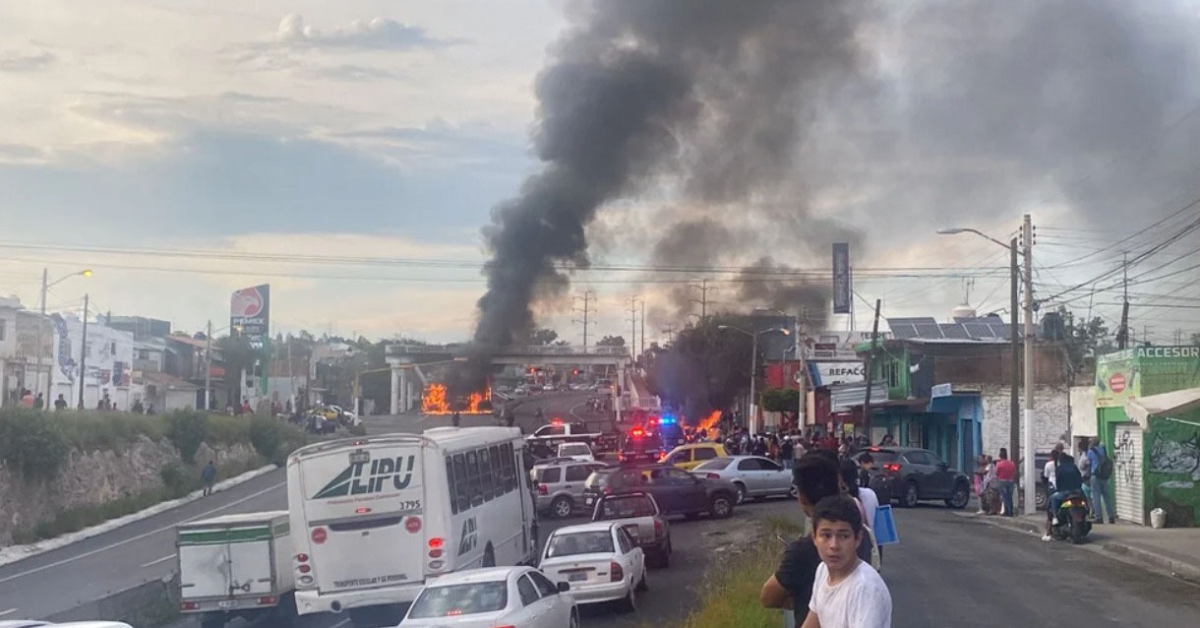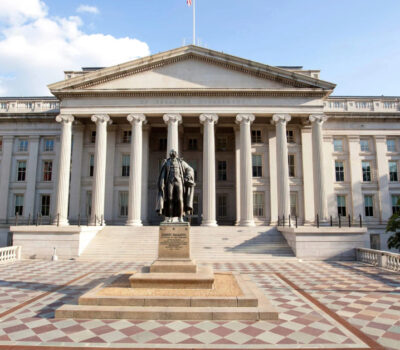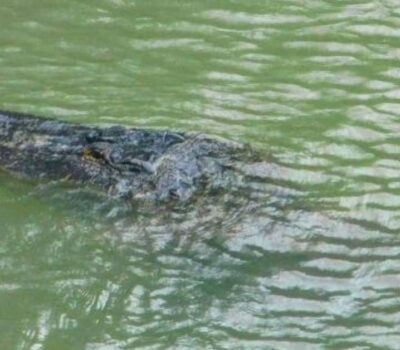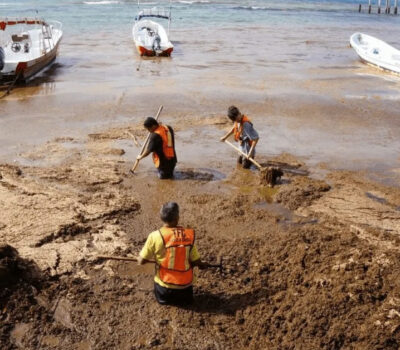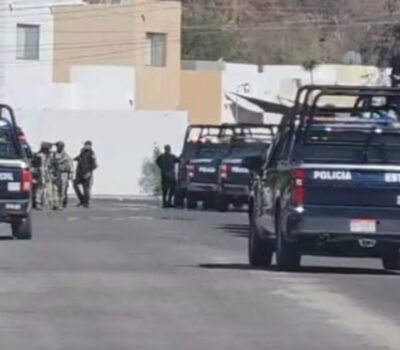Activists and civil organizations requested support from the United Nations Organization (UN) so that the situation of violent internal conflict in Mexico is recognized and immediate measures are taken.
Activists such as Kenya Cuevas, founder of the House of Tiresias Dolls; Cecilia Patricia Flores, from Searching Mothers of Sonora; Renata Villarreal from Marea Verde, and Bryan LeBaron, a relative of the Mormons massacred in November 2019 in northwestern Mexico.
“If we don’t call things by their name, if we don’t have the correct diagnosis, the strategy will never be successful,” activist LeBaron said during the conference, in which they claimed that action is urgent in the face of the increase in violence. in recent years, but especially in recent weeks, in acts that they described as terrorism.
“The illegally armed groups that oppose and confront the Mexican State have diversified, have been increasing their arms, economic and social power over time, and have taken over a large part of the territory that comprises the nation, because according to what was reported in the study carried out by the Congressional Research Service, between 30% and 35% is an ‘ungoverned space’, that is, the absence of the Mexican rule of law”, the activists expressed in the letter sent to the UN.
Likewise, they requested that it be formally declared that the Mexican State is going through an internal armed conflict, “in order to materialize the purposes of the UN, to accompany, promote, monitor and cooperate so that the illicit armed groups are tried (. ..) to achieve internal stability and avoid further human losses”.
Mexican authorities reported this Monday the arrest of 3,630 people in a weekend marked by violent public acts of organized crime in various entities of the country, although they denied that terrorism exists.
The Secretary of the Interior, Adán Augusto López, directly questioned at the usual morning press conference by President Andrés Manuel López Obrador, on whether the violent acts of recent days were an act of terrorism, was emphatic in reiterating that only they were “propagandistic” acts of criminal groups.
“They are not terrorist attacks, the facts should not be magnified, they should not be seen beyond propaganda,” he emphasized.
Likewise, he asserted that the security strategy in Mexico “is giving results” and pointed out that on August 20 the data will be presented that show how the criminal incidence “is on the decline.”
When questioned about the international parameters that indicate that the events that occurred in Baja California could be classified as acts of terrorism, he mentioned that this is not the case; however, he was accused of wanting to minimize the facts.
“No, it is not that we want to minimize them, but of course, there is a strategy of the federal government in the fight against insecurity that is giving results, you will see, you will know the figures on the 20th, there is a drop in the incidence of crime, but when fighting insecurity, we are not exempt from reactions ”, he declared.
President Andrés Manuel López Obrador said that both the opposition and the media are “exaggerating” with respect to the facts while assuring that there is governability in the country. The president has blamed the violence on his political rivals, claiming these are planned attacks meant to hurt his presidency.
On August 9 when there was a wave of violence and drug blockades in Guanajuato and Jalisco, after a confrontation between elements of the army and drug traffickers. Then, on Thursday, August 11 and Friday, August 12, there was a violent day that hit Ciudad Juárez, Chihuahua (which left 11 people dead, including a pregnant woman and a minor) and in the municipalities of Tijuana, Ensenada, Rosarito, Tecate, and Mexicali, in Baja California.
The president still continues to support his policy in dealing with criminal gangs under the slogan ‘Hugs, not bullets’. The president has been seen as sympathetic to cartels, even taking a moment for a photo op with the mother of notorious cartel leader ‘El Chapo’.
Joaquín Archivaldo Guzmán Loera, commonly known as “El Chapo” because of his 168 cm stature, is a Mexican former drug lord and a former leader within the Sinaloa Cartel, an international crime syndicate. He is considered to have been one of the most powerful drug traffickers in the world.
Activists and civil organizations requested support from the United Nations Organization (UN) so that the situation of violent internal conflict in Mexico is recognized . . .

